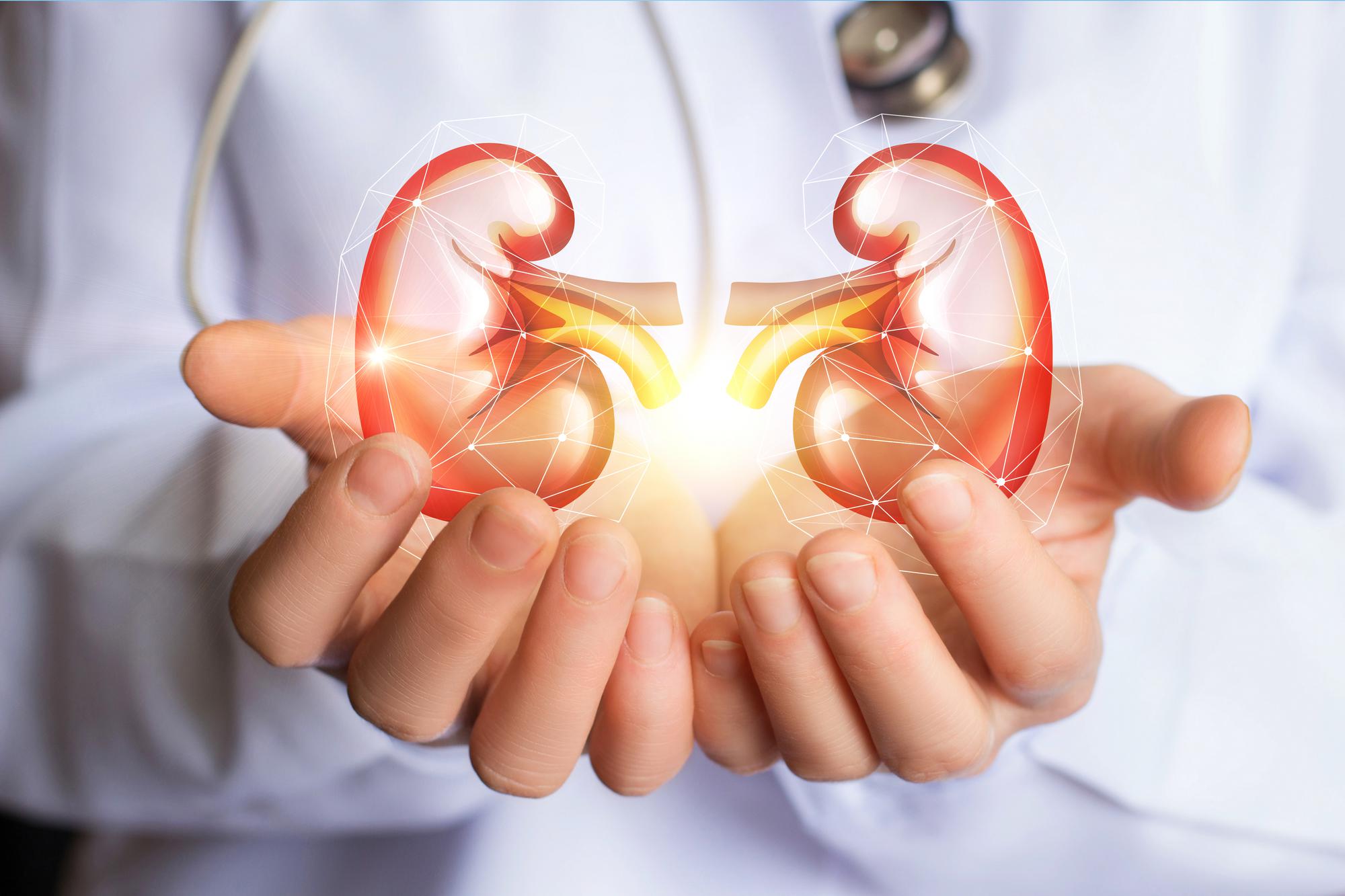Share

RECOMMENDATIONS FOR PREVENTION KIDNEY STONES
By Victoria Healthcare 28 August 2019

What are kidney stones?
Kidney stones are just what they sound like: small stones that form inside the kidneys. They form when salts and minerals that are normally in the urine build up and harden.
Kidney stones usually get carried out of the body when you urinate. But sometimes they can get stuck on the way out. If that happens, the stones can cause:
- Pain in your side or in the lower part of your belly
- Blood in the urine (which can make urine pink or red)
- Nausea or vomiting
- Pain when you urinate
- The need to urinate in a hurry
How do I know if I have kidney stones?
If your doctor or nurse thinks you have kidney stones, he or she can order an imaging test that can show the stones.
What can I do to keep from getting kidney stones again?
One simple thing you can do is to drink plenty of water. You might also need to change what you eat, depending on what your kidney stones were made of. If so, your doctor or nurse can tell you which foods to avoid. Your doctor or nurse might also prescribe you new medicines to keep you from having another kidney stone.
General considerations for recurrence prevention (European Association of Urology (EAU) guidelines 2019)
1. FLUID INTAKE (DRINKING ADVICE)
- Fluid amount: 2.5-3.0 L/day (An inverse relationship between high fluid intake and stone formation has been repeatedly demonstrated)
- Circadian drinking (Increasing fluid intake, spread throughout the day (although it is not essential that the patient wake up several times per night to urinate), will increase the urine flow rate and lower the urine solute concentration, both of which protect against stone formation)
- Neutral pH beverages
- Diuresis: 2.0-2.5 L/day
- Specific weight of urine: < 1010
2. NUTRITIONAL ADVICE FOR A BALANCED DIET
- Balanced diet (Avoid excessive consumption of vitamin supplements: Vitamin C…)
- Rich in vegetables and fibre (This benefit is primarily the result of increasing citrate excretion)
- Limit your intake too much oxalate foods: spinach, or also known as spinach, Vietnamese called propeller spinach ; potatoes. Seeds: Almonds, peanuts, cashews.
- Normal calcium content: 1-1.2 g/day (should not be restricted unless there are strong reasons due to the inverse relationship between dietary calcium and stone formation)
- Limited NaCl content: 4-5 g/day (High intake adversely affects urine composition: calcium excretion is increased by reduced tubular reabsorption; urinary citrate is reduced due to loss of bicarbonate; increased risk of sodium urate crystal stone formation.)
- Limited animal protein content: 0.8-1.0 g/kg/day (Excessive consumption of animal protein has several effects that favour stone formation, including hypocitraturia, low urine pH, hyperoxaluria and hyperuricosuria.)
3. LIFESTYLE ADVICE TO NORMALISE GENERAL RISK FACTORS
- BMI: retain a normal BMI level (Obesity: higher uric acid excretion and lower urinary pH)
- Adequate physical activity (At least 150 minutes/week)
- Balancing of excessive fluid loss (Avoid working in hot environments or too heavy…)
Facts about drinking water and kidney stones
- Grapefruit juice: may be associated with an increased risk of stones, although a potential mechanism has not been identified.
- Coffee, tea, and alcohol: have been reported in prospective observational studies to be associated with a lower risk of stones. Thus, there is no evidence that these beverages should be avoided to prevent stone formation.
- Cranberry juice: no evidence that this beverage is beneficial for stone prevention.
- Results from one randomized trial suggest that reducing soft drink (calorie-containing beverages - such as sweetened soda) consumption may reduce the risk of stone recurrence, although it is unclear what fluid replaced the soft drink.
- Lemon juice has been proposed to be an effective source of citrate (Increasing urinary citrate excretion is the goal in patients with low urine citrate since citrate inhibits calcium stone formation by forming a poorly dissociable but soluble complex with calcium, thus reducing the amount of calcium available for binding with oxalate or phosphate)
- Although orange juice is a good source of potassium and citrate, it has some undesirable effects: it does not lower calcium excretion; it modestly raises oxalate excretion; and the increase in caloric intake could lead to weight gain
(Source: European Association of Urology (EAU) guidelines)
NGUYEN TRI QUANG, MD.
Urologist & Andrologist at Victoria Healthcare International Clinic


